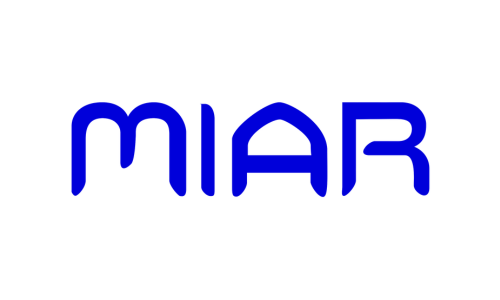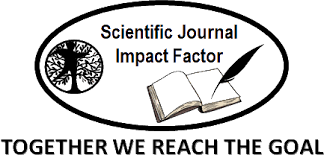THE HISTORY OF THE STUDY OF TERMINOLOGY IN UZBEK LINGUISTICS
Abstract
The emergence of Uzbekistan in the process of progress and renewal, and the liberation of science and culture from ideology that does not serve the interests of the nation poses a very important and urgent task for our scientists. Thanks to independence, a more intimate approach to the legacy of our ancestors and the fraternal peoples, to the urgent problems of science, along with the creativity of our contemporaries, opens up opportunities for a more in-depth study and implementation of scientific and cultural achievements of different nations. The scientific potential of our country is deep and strong. Hence, deep-rooted linguistics is responsible for analyzing and analyzing issues that need to be addressed in light of the recent historical events in our country, only in the interest of free people and the idea of national independence. This requires the researcher to be able to meet the international standards in accordance with the importance, relevance and novelty of the research methods chosen by the researcher, and at the same time fully reflect the national identity. The new concept of knowledge acquisition in the current system of education requires the application of different methods of non-traditional education technologies. Assuming that education is a system, its elements include: learning objectives, expectations, teaching, learning, content, learning methods, forms and tools, control and evaluation. When one of these elements is ignored or not selected correctly in the design of the educational process, the system does not work, which means that the educational objectives cannot be achieved.
Keywords: term, terminology, term, definition, term, transterms, internal and external source, terminological system, terminological dictionary.
References
Hojiyev A. O‘zbek tili morfologiyasi, morfemikasi va so‘z yasalishining nazariy masalalari. – Toshkent, 2010; Nurmonov A, Mahmudov N, Akbarov A, Solixo‘jayeva S.
Винокур Г.О. Некоторих явлениях слова образования в русской технической терминологии. Труды МИФЛИ. Т. 5. Сборник статей по языковедению. — Москва 1939. — с. 3-54.
Кузъкин Н.П. К вопросу о сушности термина. Вестник ЛГУ, №20. Серия истории, языка и литературы, вып. 4. — Л; 1962.
Реформатский А.А. Что такое термин и терминология? Вопросы терминологии. —Москва, 1977 ва б
Щетлова Н.А. К вопросу о грамматических средствах терминологизации русских глаголов в профессионалной речи ХVII-XVIII вв. – «Ученные записки МОПИ» Т. ХХХVIII, вып. 8, М., 1963, стр.
Downloads
Published
How to Cite
Issue
Section
License
Declaration/Copyright transfer:
1. In consideration of the undertaking set out in paragraph 2, and upon acceptance by ANGLISTICUM for publication of the manuscript in the Journal, I/We hereby assign and transfer publication rights to ANGLISTICUM, whereas I/We retain the copyright for the manuscript. This assignment provides ANGLISTICUM the sole right and responsibility to publish the manuscript in its printed and online version, and/or in other media formats.
2. In consideration of this assignment, ANGLISTICUM hereby undertakes to prepare and publish the manuscript in the Journal, subject only to its right to refuse publication if there is a breach of the Author’s warranty in paragraph 4 or if there are other reasonable grounds.
3. Editors and the editorial board of ANGLISTICUM are empowered to make such editorial changes as may be necessary to make the Manuscript suitable for publication.
4. I/We hereby acknowledge that: (a) The manuscript submitted is an original work and that I/We participated in the work substantively and thus I/We hereby are prepared to take public responsibility for the work; (b) I/We hereby have seen and approved the manuscript as submitted and that the manuscript has not either been published, submitted or considered for publication elsewhere; (c) The text, illustration, and any other materials included in the manuscript do not infringe upon any existing copyright or other rights of anyone.
5. I/We hereby indemnify ANGLISTICUM and the respective Editors of the Journal as mentioned in paragraph 3, and hold them harmless from any loss, expense or damage occasioned by a claim or suit by a third party for copyright infringement, or any suit arising out of any breach of the foregoing warranties as a result of publication of the manuscript.













